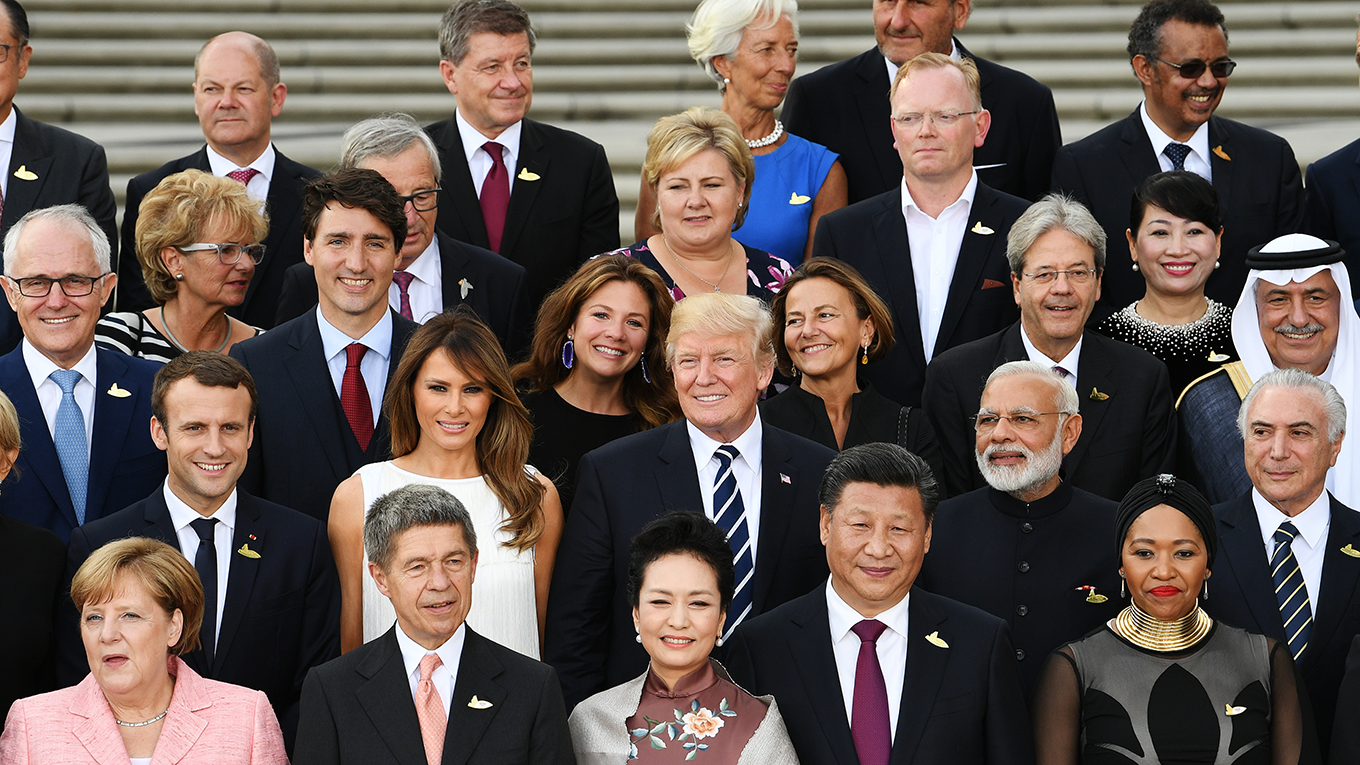HONG KONG – Economists like me are asked a set of recurring questions that might inform the choices of firms, individuals, and institutions in areas like investment, education, and jobs, as well as their policy expectations. In most cases, there is no definitive answer. But, with sufficient information, one can discern trends, in terms of economies, markets, and technology, and make reasonable guesses.
In the developed world, 2017 will likely be recalled as a period of stark contrast, with many economies experiencing growth acceleration, alongside political fragmentation, polarization, and tension, both domestically and internationally. In the long run, it is unlikely that economic performance will be immune to centrifugal political and social forces. Yet, so far, markets and economies have shrugged off political disorder, and the risk of a substantial short-term setback seems relatively small.
The one exception is the United Kingdom, which now faces a messy and divisive Brexit process. Elsewhere in Europe, Germany’s severely weakened chancellor, Angela Merkel, is struggling to forge a coalition government. None of this is good for the UK or the rest of Europe, which desperately needs France and Germany to work together to reform the European Union.
One potential shock that has received much attention relates to monetary tightening. In view of improving economic performance in the developed world, a gradual reversal of aggressively accommodative monetary policy does not appear likely to be a major drag or shock to asset values. Perhaps the long-awaited upward convergence of economic fundamentals to validate market valuations is within reach.
…click on the above link to read the rest of the article…


HONG KONG – Economists like me are asked a set of recurring questions that might inform the choices of firms, individuals, and institutions in areas like investment, education, and jobs, as well as their policy expectations. In most cases, there is no definitive answer. But, with sufficient information, one can discern trends, in terms of economies, markets, and technology, and make reasonable guesses.
In the developed world, 2017 will likely be recalled as a period of stark contrast, with many economies experiencing growth acceleration, alongside political fragmentation, polarization, and tension, both domestically and internationally. In the long run, it is unlikely that economic performance will be immune to centrifugal political and social forces. Yet, so far, markets and economies have shrugged off political disorder, and the risk of a substantial short-term setback seems relatively small.1
The one exception is the United Kingdom, which now faces a messy and divisive Brexit process. Elsewhere in Europe, Germany’s severely weakened chancellor, Angela Merkel, is struggling to forge a coalition government. None of this is good for the UK or the rest of Europe, which desperately needs France and Germany to work together to reform the European Union.
One potential shock that has received much attention relates to monetary tightening. In view of improving economic performance in the developed world, a gradual reversal of aggressively accommodative monetary policy does not appear likely to be a major drag or shock to asset values. Perhaps the long-awaited upward convergence of economic fundamentals to validate market valuations is within reach.
…click on the above link to read the rest of the article…